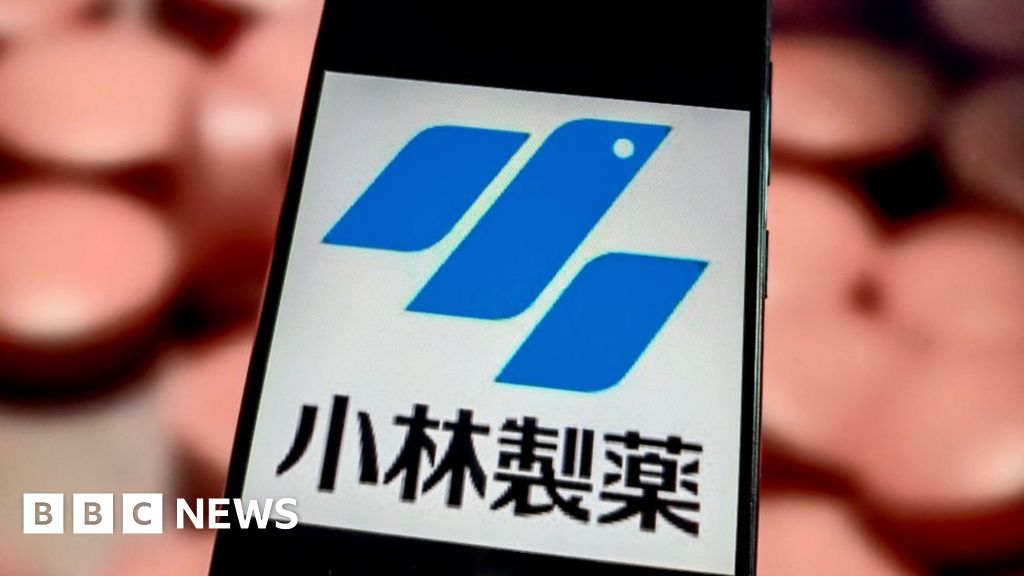Boeing announced this morning that CEO Dave Calhoun would depart the company and that an executive with three decades of tenure at the $117 billion manufacturing company, Stephanie Pope, would take the lead. As Pope takes charge of a business in crisis, investors are waiting in the wings to see what Pope’s plan is for the next 12 months—and how Boeing will hold her accountable.
Pope has a murky road ahead with regulators, investors and customers in reshaping the company’s culture and then proving to the world that people can trust it. Boeing has been beset by problems since before Calhoun even stepped into the CEO role to replace Dennis Muilenburg in 2019 after 346 people died while flying in Boeing-manufactured planes. The U.S. Department of Justice later fined Boeing $2.5 billion to resolve criminal charges of conspiracy to defraud the Federal Aviation Association’s aircraft evaluation group in January 2021. Three years on, Calhoun is leaving amid a strong lack of confidence among customers and the public after parts of Boeing-manufactured planes began blowing off midflight; last week members of the Boeing board, including Kellner, began holding meetings with major customers without Calhoun present.
“They’ve had a couple of years to figure out what’s going on with the engineering-assembly process and they haven’t diagnosed the situation yet,” said Jason Schloetzer, an associate professor at Georgetown University who has studied CEO succession and effectiveness. “They’re looking to clean house to a certain extent and get a new team in there with a fresh pair of eyes and new incentives to get this resolved—because you can’t affect change if you can’t even assess what the situation is and figure out what needs to be fixed, let alone put together a plan to fix it.”
Boeing insider likely less costly than looking outside
Going with Pope as an internal CEO pick is likely far less expensive than hiring someone from outside Boeing, said Maria Vu, senior director of North American compensation research at proxy advisory firm Glass Lewis. A CEO from outside the company would have required Boeing to offer the executive “make-whole” payments, to compensate for equity they would leave behind with a prior employer. Plus, companies in distress often have to provide a lot of incentives to lure executives from other companies to take over a business in crisis. It’s unclear at this point if Boeing will offer Pope more than the compensation she received as chief operating officer, which was $1.2 million in salary plus an annual cash bonus of $2 million and a long-term incentive of $10 million. Once Boeing discloses Pope’s goals, investors are likely to scrutinize them for signs of how the board intends to hold Pope accountable for turning around Boeing’s culture, she said.
“There seems to be a significant risk to the business if the company’s culture is not meaningfully addressed,” said Vu. “It will be indicative of how serious the board is about changing the culture if you look at the sorts of things they’re incentivizing Ms. Pope for in her incentive programs.”
With Pope, the company is turning to a seasoned executive to turn the company around and on the one hand, “that’s great,” said Schloetzer. She is “somebody who knows the business really well and been there for a long time and is well-versed in what’s going on,” he said. On the other hand, Pope is also “a person who has been there while these issues have been playing out.”
“It’s not easy to find somebody who can come in and think through an organization like Boeing, so it also makes sense to have an internal person, but it’s not a slam dunk,” said Schloetzer. According to Schloetzer, there may also be recruiting below the C-suite and NEO level to bring in fresh perspectives to Boeing.
Along with the Calhoun-Pope baton pass, the management bloodletting at the top includes Stan Deal, president and CEO of Boeing’s commercial airlines division, and board chair Larry Kellner, who stepped into the role in 2019 when Calhoun crossed over from being a board member to CEO. The company has also seen outflows from other executive roles in the past few years, including Leanne Caret, president and CEO of Boeing’s defense, space and security unit, and senior vice president and treasurer David Dohnalek. The Boeing board elected Steve Mollenkopf to replace Kellner.
In January, Boeing announced that Calhoun had tapped Admiral Kirkland Donald as a special advisor to investigate Boeing’s quality management system for commercial plans. Kirkland, who is chairman of the board at $11.5 billion military shipbuilding company Huntington Ingalls, was to give Calhoun and Boeing’s aerospace safety committee a report and recommendations. His review remains ongoing, said a Boeing spokesperson in a statement to Fortune.
For Calhoun, the bulk of his more than $20 million in pay was supposed to come from his long-term incentive pay award, which had a target of $17 million. By the end of 2023, he was to have seen the 737 MAX safely return to service; realignment of engineering function; 777X twin-engine jet entry into service and delivery and production ramp-up. The award did not vest, according to the company’s disclosures.
“Generally, to incentivize an executive to be serious about something and to make material changes, especially if it’s a material risk to the business, we would expect to see some revisions to incentive programs to help address that,” said Vu.
As for Calhoun, he has at least $20 million coming his way and potentially another $45.5 million, depending on how Pope fares in the CEO role. However, the Boeing board could provide him additional compensation as part of his departure or the board might decline to do so in order to avoid the additional scrutiny.
“How they classify his departure is a conversation they are likely having with him in terms of negotiation,” Vu said.
Credit: Source link











